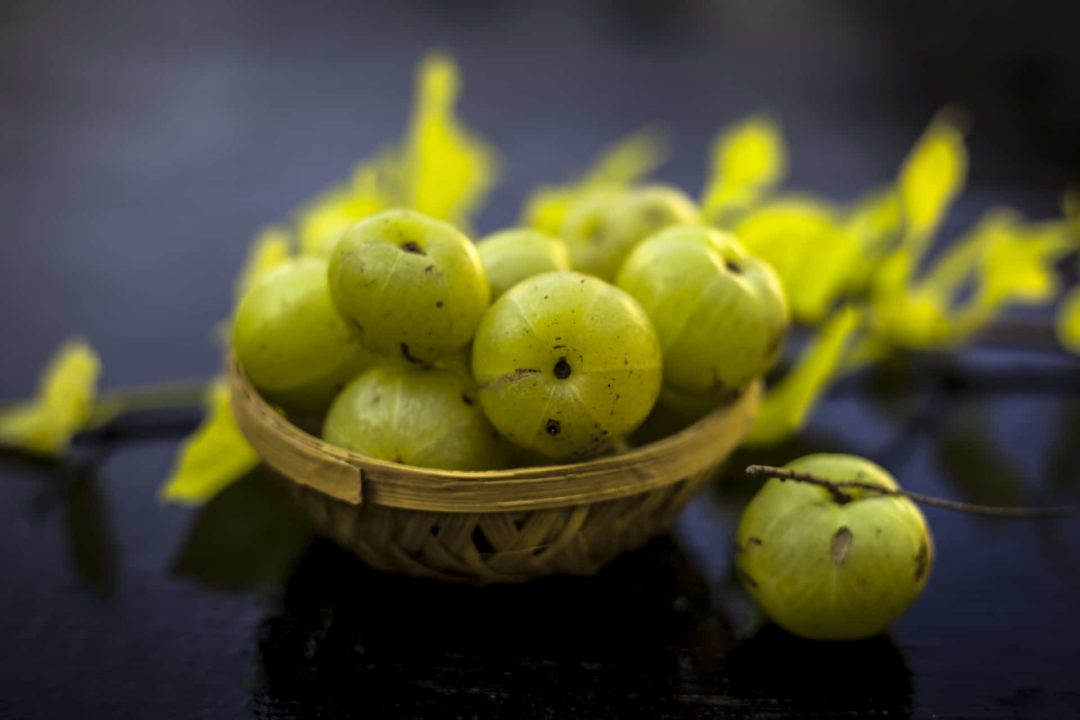In addition to noting that alma contains only trace amounts, Sabinsa explained that research has shown that amla does not containconsistentamounts of ascorbic acid. Details can be found inresearchpublished by Sabinsa scientists on the low occurrence of vitamin C in amla products.
“The major source of vitamin C is through fermentation. If suppliers buy fermentation-derived vitamin C and blend it with their amla extract to claim as high as 25% w/w of vitamin C, they should disclose this,” said Dr. Muhammed Majeed, Founder and Chairman of Sabinsa, which offers Saberry Amla Extract brand, standardized to 10% beta-glucogallin. “This unethical practice is not easily detected by normal analytical methods for vitamin C analysis. It is also not distinguishable by C-14 radiocarbon content method, either. But there are other analytical methods to expose this repugnant practice.”
Sabinsa offers additional information on the fermentation process and itsexperiments designed to isolate vitamin C from an amla extract labeled as organic with 25% vitamin Chere.
“Because we have the science and expertise to unravel this unscrupulous practice, tarnishing one of India’s beloved and cherished fruits will not be tolerated,” said Shaheen Majeed, Sabinsa President Worldwide. “We have identified a few companies practicing this deception, and will be filing notices to them in the weeks ahead. We hope the industry will appreciate and adopt the methodology we’ve disclosed, so no further deception occurs.”










